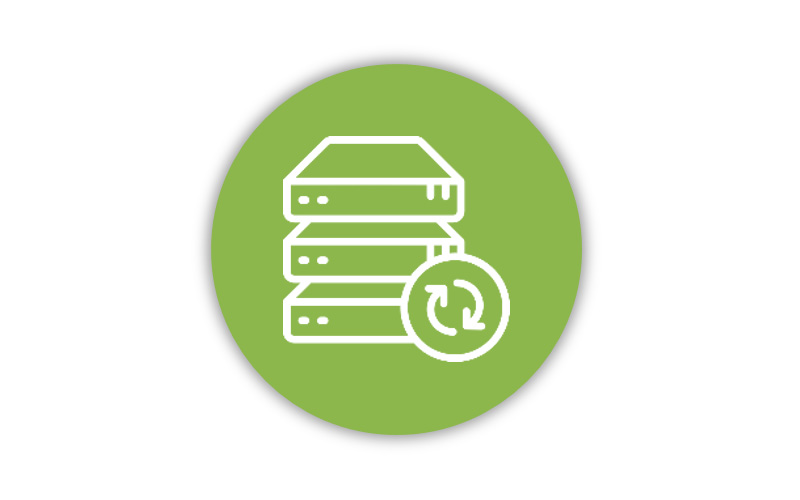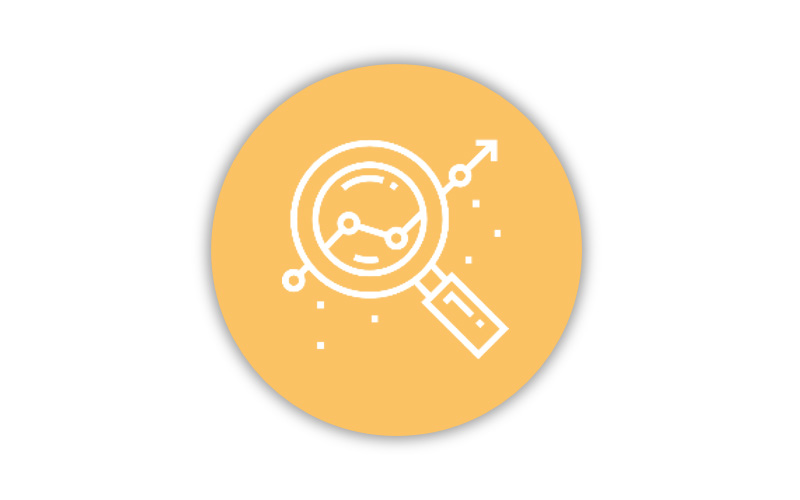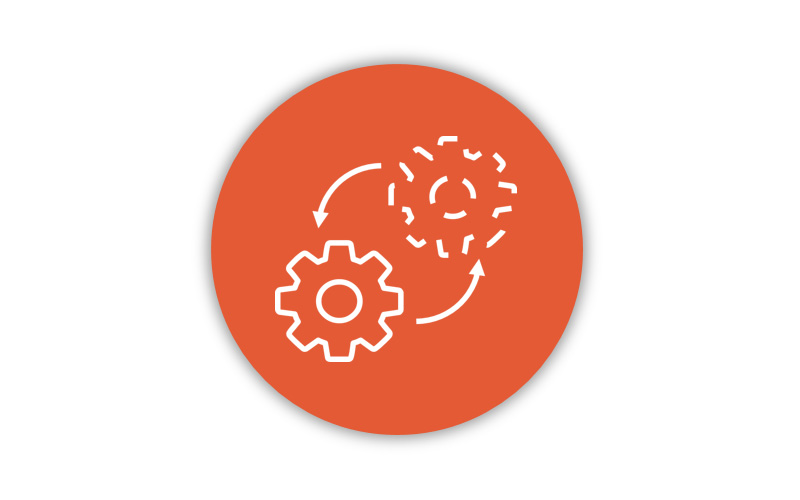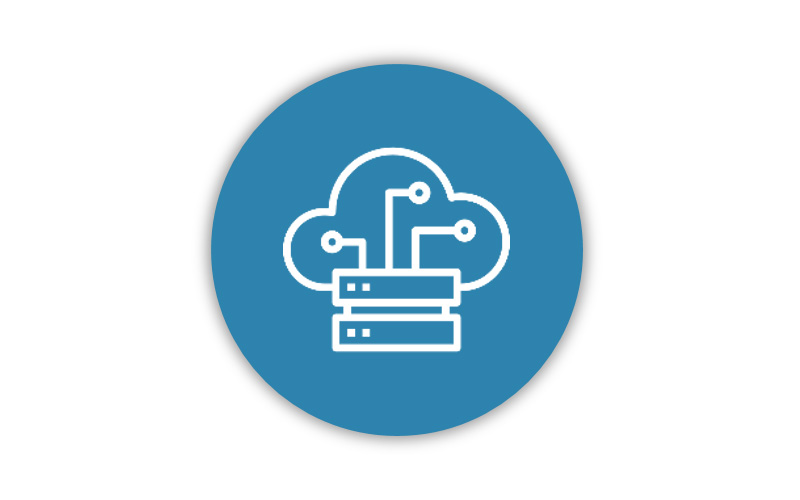Sensor Systems and Data Acquisition
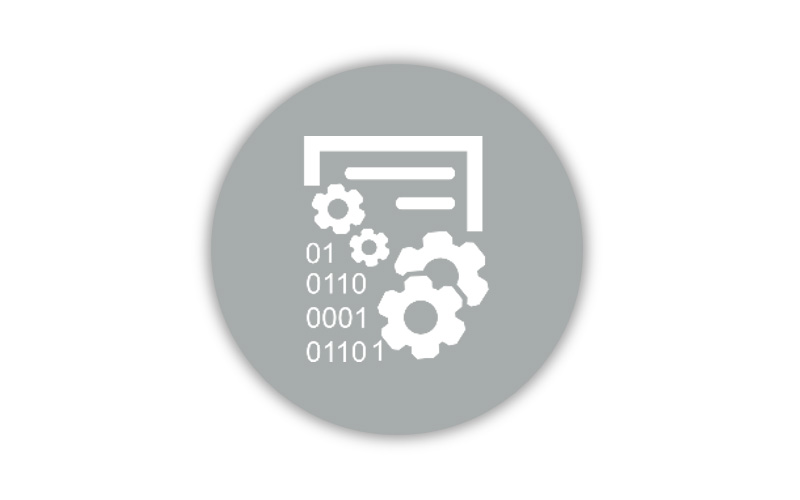
How is data colected along the entire process chain?
Data acquisition is the first step on the way to networked, adaptive production. It is vital to establish which data can be recorded directly in the control unit of the production machine concerned and which can only be obtained via additional sensors. When additional sensors are required to measure parameters such as temperature, speed, or pressure for example, these must be integrated robustly and reliably within the manufacturing process.
Find project examples here.


